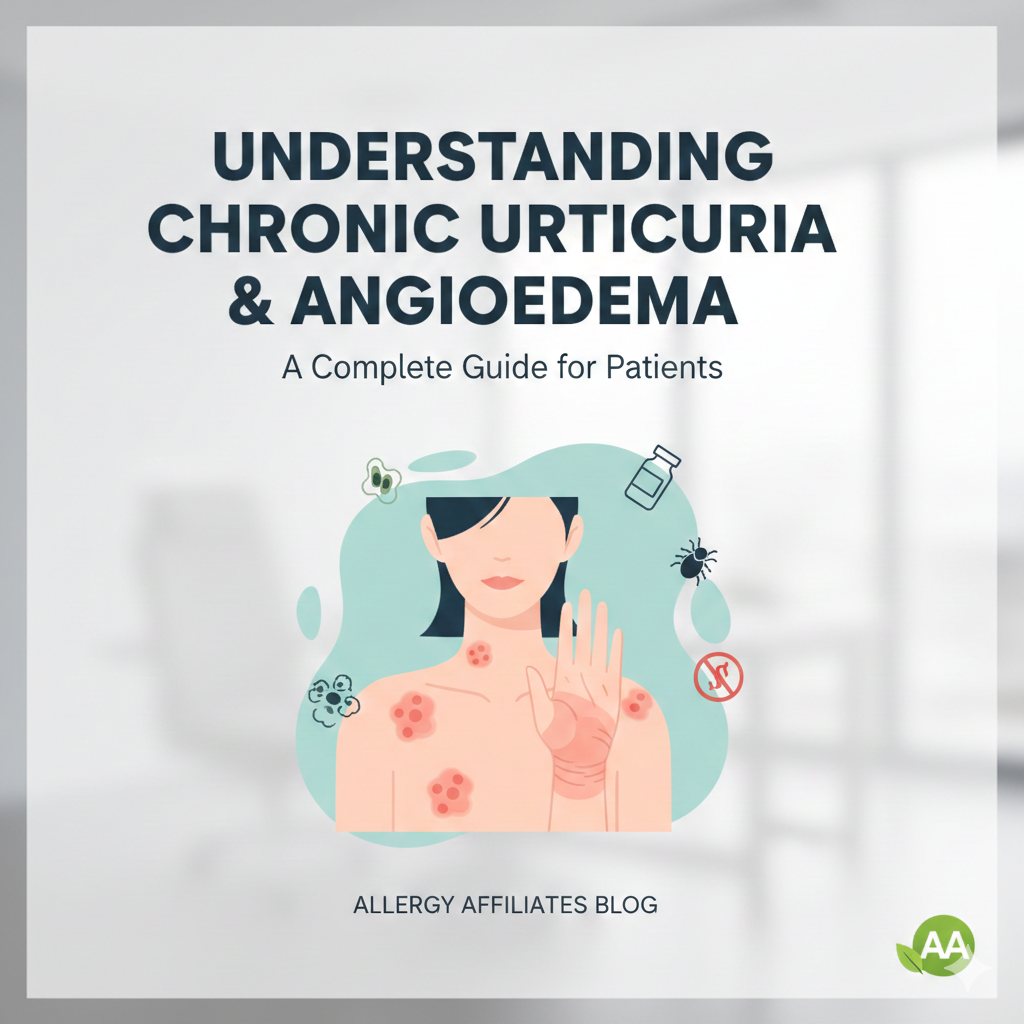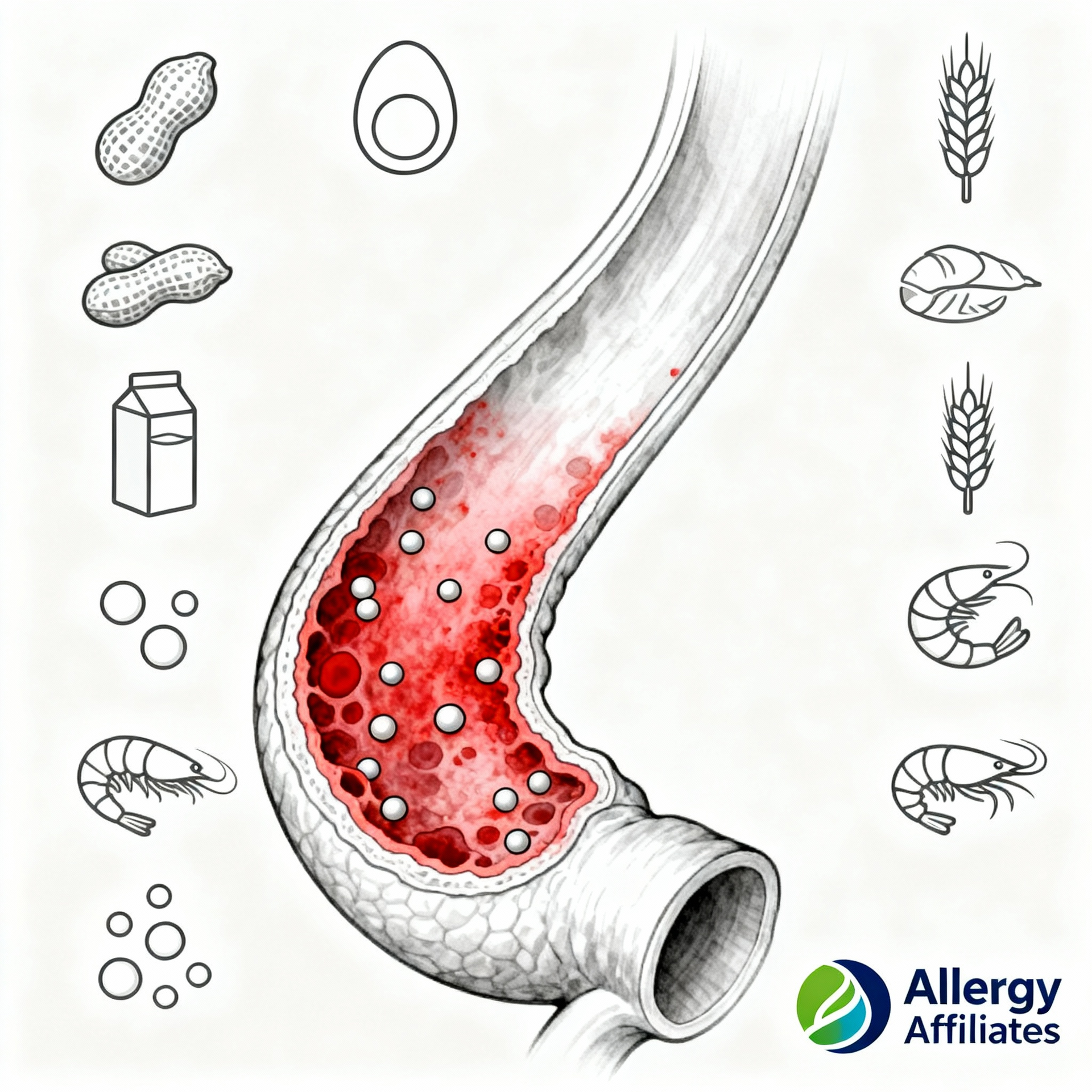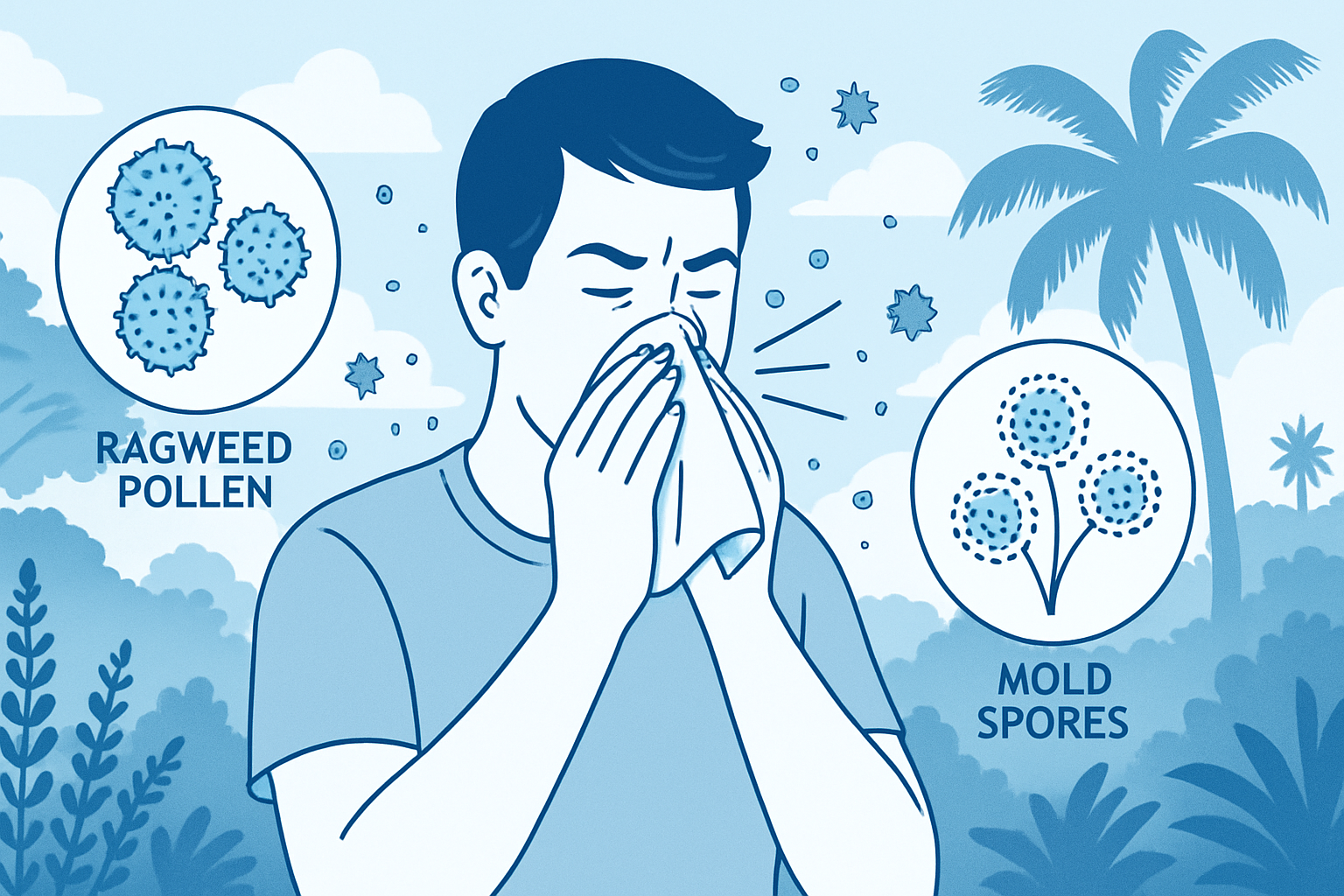
Food Allergy vs Food Intolerance
People often confuse the symptoms of food intolerance with food allergy. Although you can experience their symptoms when you accidentally consume the same type of food, they are pretty different. The key is identifying the differences between their signs and symptoms.
Food intolerance has nothing to do with your
immune system. It occurs when you can't digest certain types of food. On the other hand, a food allergy is in no way related to your
digestive system. It occurs when your immune system negatively reacts to food proteins.
This article will help uncover the differences between food intolerance and food allergy. We'll discuss the definition of these two types of medical conditions, symptoms, and treatment. Moreover, we'll discuss some examples of the food groups you need to avoid when you have a food intolerance or a food allergy.
So, if you are food sensitive, or have a food allergy, be ready with your writing materials and take notes of the critical points in our discussion. Without further delay, let's begin.
Understanding the Difference (Allergy vs Intolerance)
You must understand the definition of each health condition before you can tell their differences. Here's what we've compiled to help you distinguish the key factors.
Food Intolerance
When you're food intolerant, it means that you can't digest specific types of food. Therefore, it affects your digestive system and not your immune system. The good news is that food intolerance is rarely life-threatening.
Types of Food Intolerance
Here are examples of the most common types of food intolerance. You may have experienced some of these in one way or another.
Common Food Intolerances
Lactose Intolerance
Individuals with lactose intolerance have reduced production of lactose enzymes in their bodies. As a result, they have a hard time breaking down lactose and similar products. Lactose intolerance is also the most common type of food intolerance.
Gluten Intolerance
Many food groups contain a protein called gluten. Some of these are rye, wheat, and barley. When you have gluten intolerance, your body struggles to digest gluten and other food that contains this protein.
Histamine Intolerance
People living with this condition don't produce enough amounts of diamine oxidase enzyme in their bodies. In turn, they have more difficulty digesting food with histamine content. Some examples are bananas, avocados, cheese, chocolates, and pineapples.
Food Intolerance Symptoms
The symptoms of food intolerance are as follows.
- Heartburn.
- Abdominal.
- Diarrhea.
- Gas and bloating.
- Upset stomach.
- Nausea.
- Headaches or migraines.
Food Intolerance Treatment and Management
The treatment depends on the symptoms. Each symptom is treated accordingly. As for the management, avoiding foods that trigger food intolerance is your best bet. Some medications include antacids or antidiarrheals.
Food Allergy
Like all other allergies, food allergy occurs when your immune system goes haywire after detecting regular proteins. It attacks them as if they are invaders like viruses or bacteria. Therefore, food allergies involve the immune system and not your digestive system. You can determine your allergies via a food sensitivity test.
Food Allergy Symptoms
Typically, the signs and symptoms of food allergy are classified only as an annoyance. It may cause irritation and discomfort but is rarely fatal. However, you should never take any symptoms lightly. Some cases could lead to anaphylaxis, which is life-threatening.
Here are the symptoms
- Tingling or itching in the mouth
- Swelling (face, lips, throat, tongue, or other parts of the body)
- Abdominal pain, LBM, nausea, or vomiting
- Eczema, itching, or hives
- Dizziness, lightheadedness, or fainting spells
- Wheezing, nasal congestion
- Trouble breathing
- Anaphylaxis
You may experience the symptoms of food allergy within a few minutes or a couple of hours following the accidental consumption of food.
Putting Emphasis on Anaphylaxis
Anaphylaxis is a fatal allergic reaction that requires immediate medical attention. Some individuals may experience an anaphylactic shock instead of the symptoms mentioned above.
Here are the symptoms of Anaphylaxis.
- Tightening and constriction of the airways
- A swollen throat (lump in your throat that makes it hard to breathe)
- Dizziness, lightheadedness, or fainting
- Shock (severe drop in blood pressure)
- Rapid pulse or palpitations
Time is vital when dealing with anaphylaxis. Worst cases may lead to coma or death. Dial 911 or go to the emergency room ASAP.
Food Allergy Treatment and Management
Allergists have a wide array of methods for treating food allergy signs and symptoms. We've collected some of the most efficient techniques used by medical experts worldwide.
Antihistamines
Doctors often recommend antihistamines to treat a wide range of food allergy symptoms. These medications are highly efficient and widely available. There are two types of antihistamines. The first subtype, called H-1 receptor antagonists or H-1 blockers, is used to treat allergy symptoms. The second subtype, called H-2 receptor antagonists or H-2 blockers, is used to treat gastrointestinal conditions. Be mindful when taking H1-antihistamines; they will make you drowsy. Take these drugs according to your needs and safety.
Corticosteroids
These drugs are members of the anti-inflammatory family. Corticosteroids are efficient in reducing the swelling of the airways and nasal passages. It helps you breathe easier.
Epinephrine
Doctors often use epinephrine to reverse the effects of anaphylaxis. It is usually their first line of defense in the emergency room.
The Importance of Elimination Diet in Allergy vs Sensitivity
The elimination diet is an effective technique for managing food intolerance and food allergy. This method helps you determine which food groups cause your intolerance and allergies. The entire process takes 5-6 weeks.
The
first step includes avoiding suspected foods (food sensitivity testing). Your doctor will observe the results for a few weeks.
After identifying the foods that cause allergies and intolerance, the second step comes in. Your doctor will
reintroduce suspected foods one at a time. This technique tells your doctor which food groups are ideal for your condition.
Now that you know the difference between food allergy and food intolerance, you can enjoy your meals better.
Enjoy Your Eating Pleasure to the Fullest
Nothing beats enjoying your food with your loved ones. Don't let food intolerance or food allergy ruin your experience. Bradenton and Sarasota Allergist Dr. Sabharwal offers accurate food allergy testing and food intolerance checks to protect you against these medical conditions.
Schedule an appointment by clicking this
link. You can also reach us at 941-792-4151.










